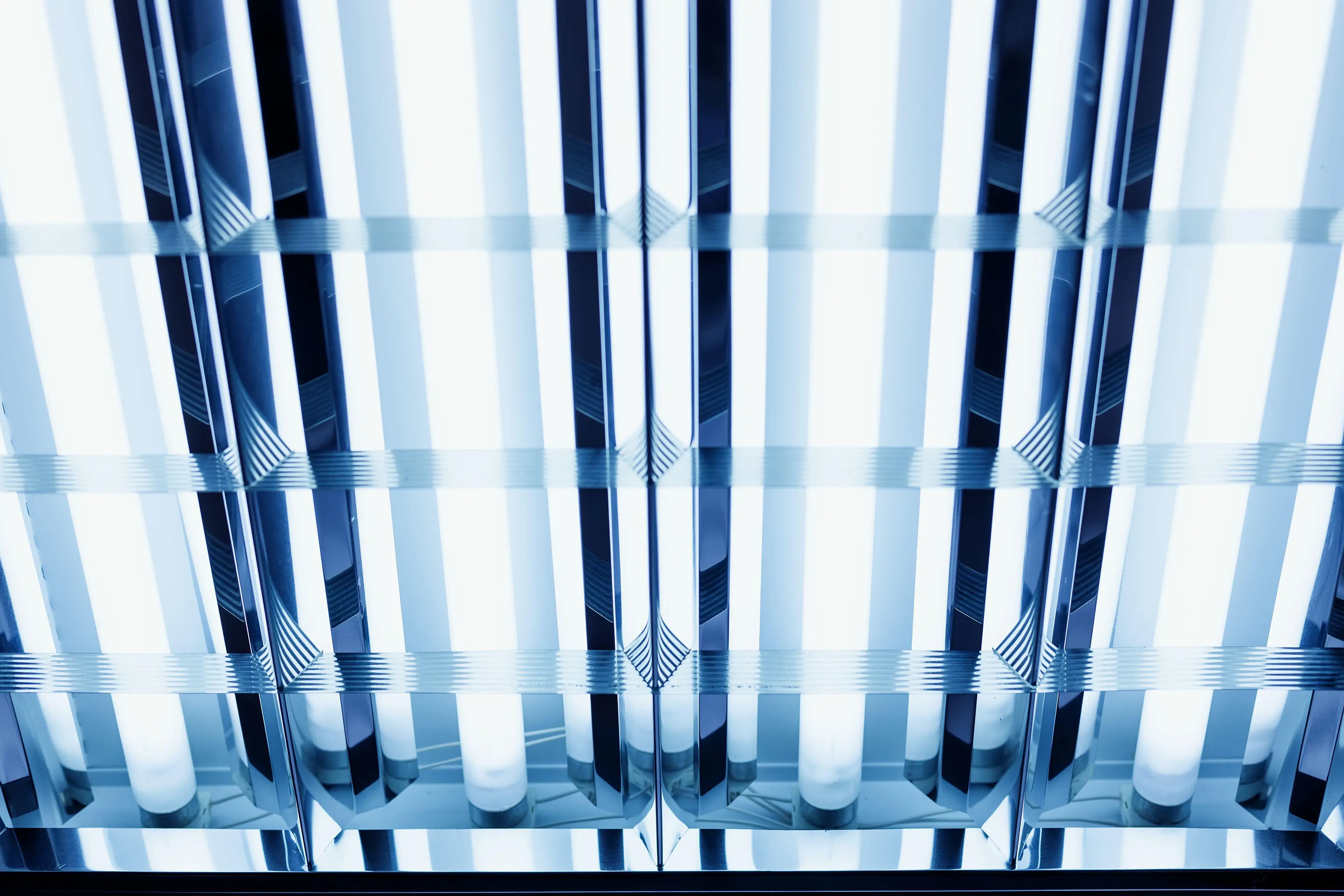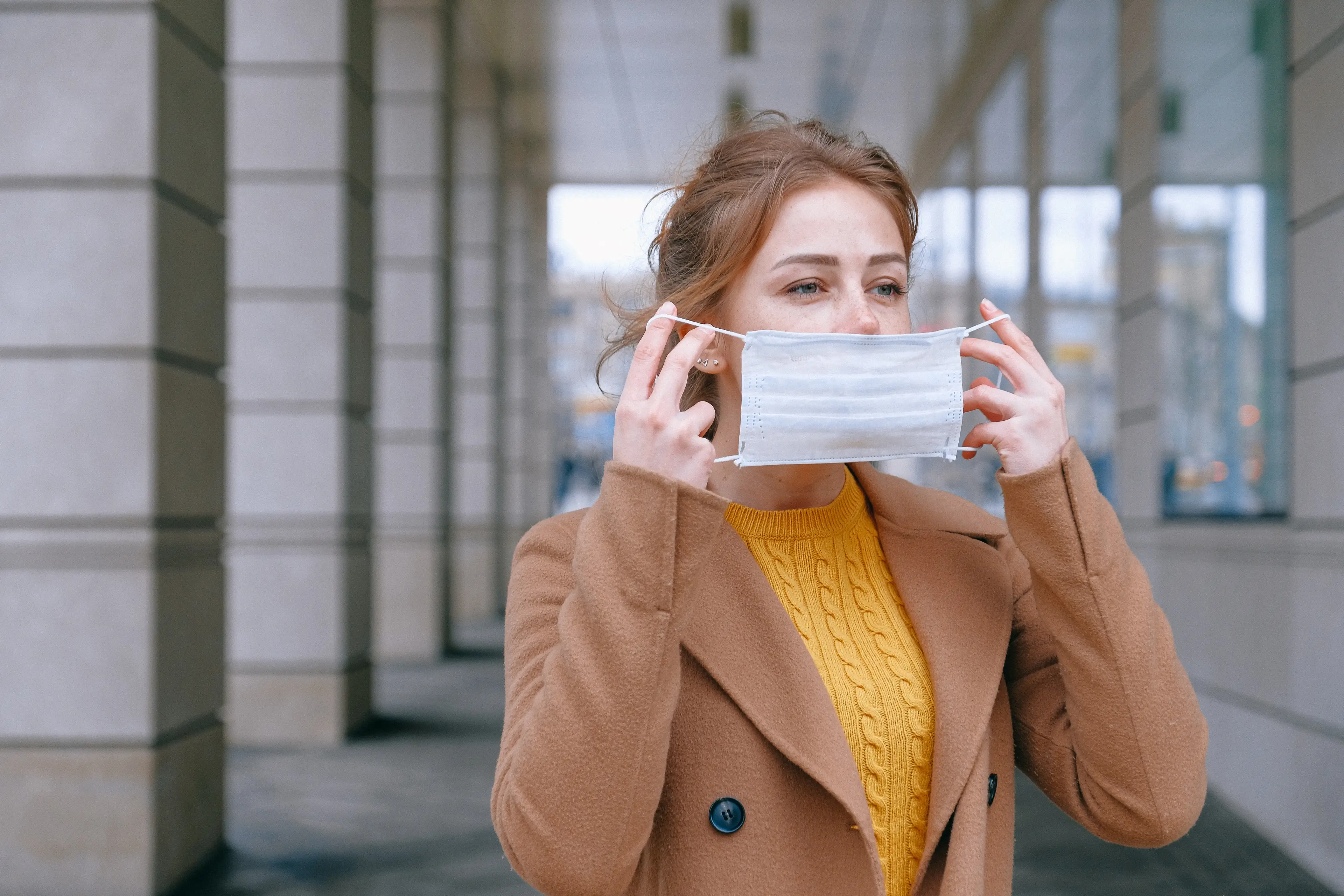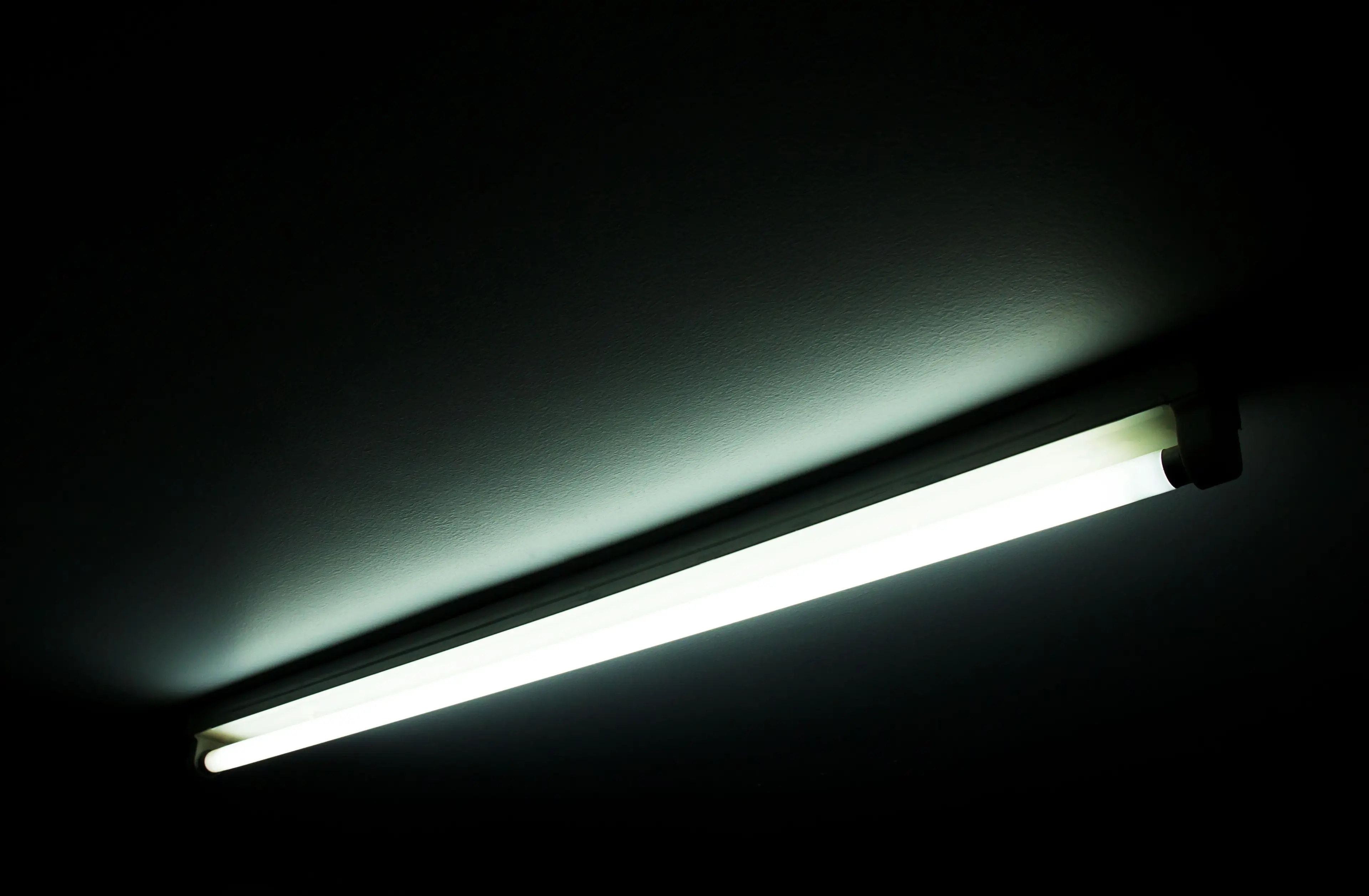
A new type of ultraviolet light which kills almost all microbes in a room could be help avoiding another pandemic, a new study has found.
The light, known as far-UVC, poses no danger to people. During the study, it took less than five minutes to reduce the level of indoor airborne microbes by more than 98 percent.
Researchers believe this light could be utilised to reduce the risk of person-to-person indoor transmission of a number of infections, in addition to airborne viruses like COVID-19 and influenza.

Advert
The joint study, published in Nature Scientific Reports, presents research carried out by the Universities of Leeds, St Andrews, Dundee and Columbia University in New York, as well as NHS Tayside. It's said to be the first study to measure the performance of far-UVC under full-scale conditions.
David Brenner, director of the Center for Radiological Research at Columbia University Vagelos College of Physicians and Surgeons and co-author of the study, said in a news release: "Far-UVC rapidly reduces the amount of active microbes in the indoor air to almost zero, making indoor air essentially as safe as outdoor air.

"Using this technology in locations where people gather together indoors could prevent the next potential pandemic.”
While the results seen in less than five minutes were impressive, the level remained low even as microbes were continually sprayed into a room, as long as the lights were on.
The researches have suggested far-UVC lights could be installed into the ceiling as a passive technology for reducing person-to-person transmission. The light 'efficiently inactivates an airborne pathogen in a room-sized chamber', the paper noted.
In a statement, Dr. Brenner said: "Far-UVC light is simple to install, it’s inexpensive, it doesn’t need people to change their behaviour, and above all it’s a safe way to prevent the transmission of any virus, including the COVID virus and its variants, as well as influenza and also any potential future pandemic viruses."

UVC, another type of ultraviolet light, has long been recognised as an effective killer of microbes, but conventional germicidal UVC light isn't capable of directly destroying airborne viruses in indoor spaces as it poses a risk to people's skin and eyes.
Far-UVC is completely safe as it has a shorter wavelength, meaning it can't penetrate human skin cells or eye cells, and is effective at killing bacteria and viruses, the study said.
Kenneth Wood, PhD, lecturer in the School of Physics and Astronomy at the University of St. Andrews and senior author of the study, also said: "Our trials produced spectacular results, far exceeding what is possible with ventilation alone.
"In terms of preventing airborne disease transmission, far-UVC lights could make indoor places as safe as being outside on the golf course on a breezy day at St. Andrews."
If you have a story you want to tell, send it to UNILAD via [email protected]